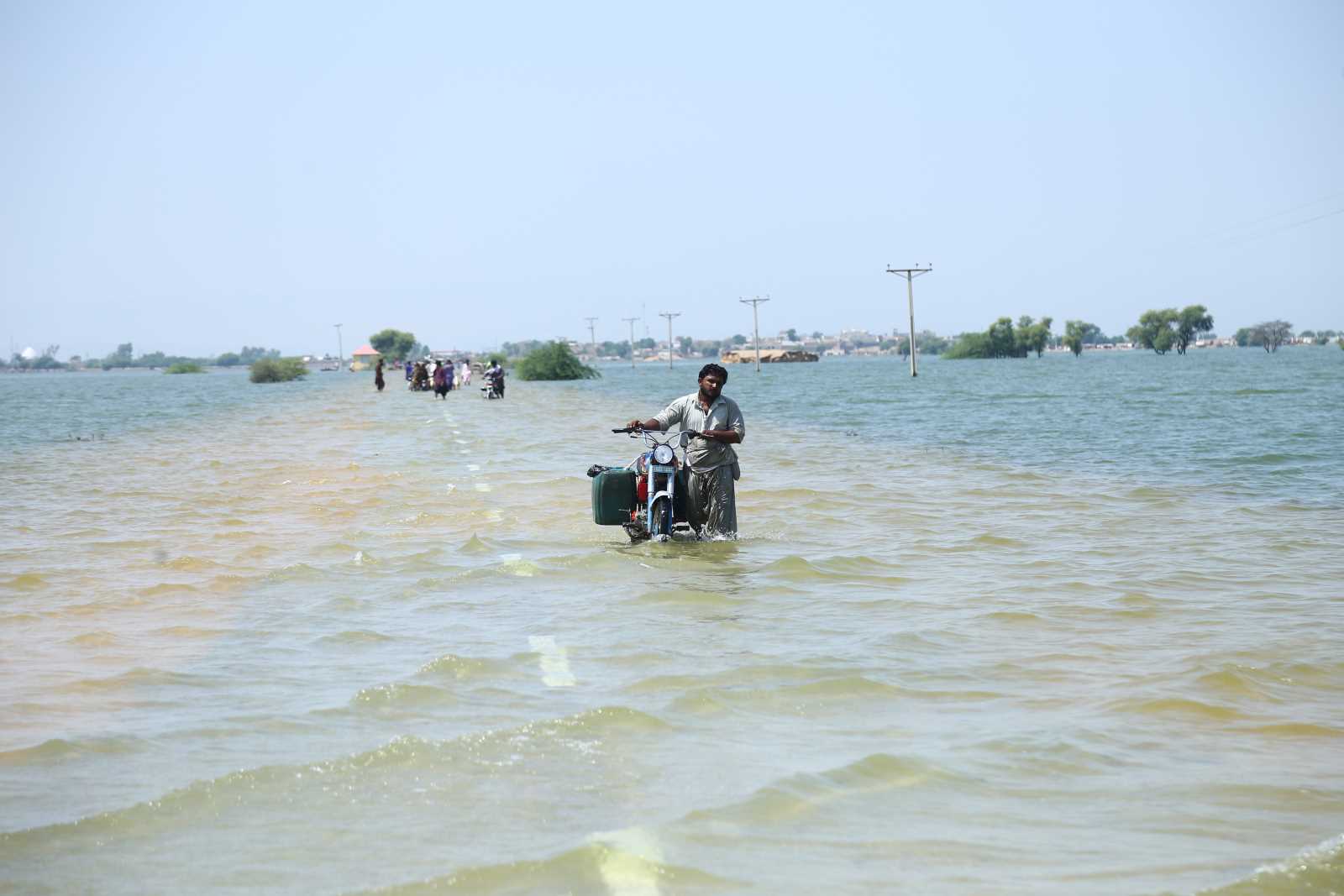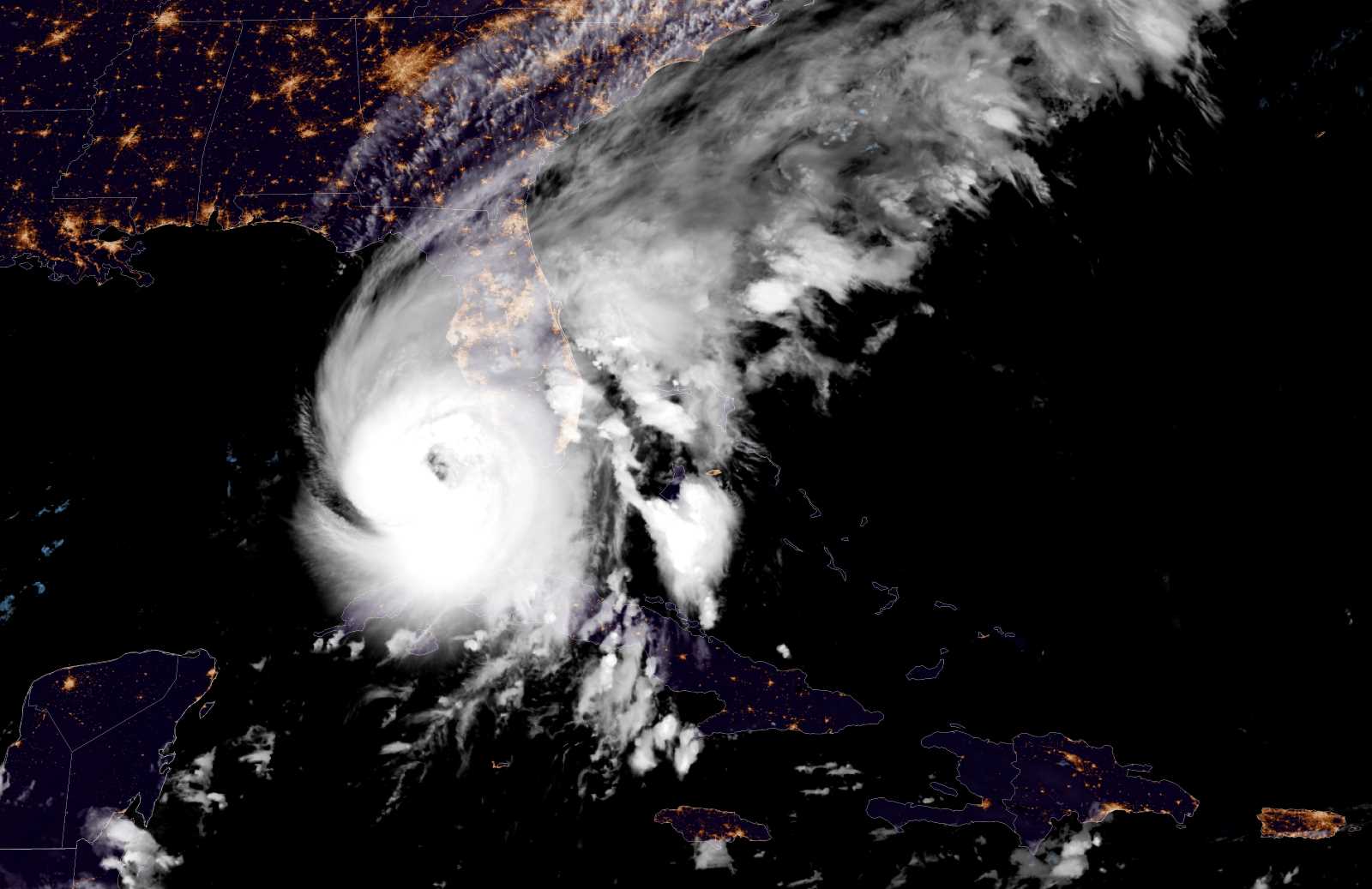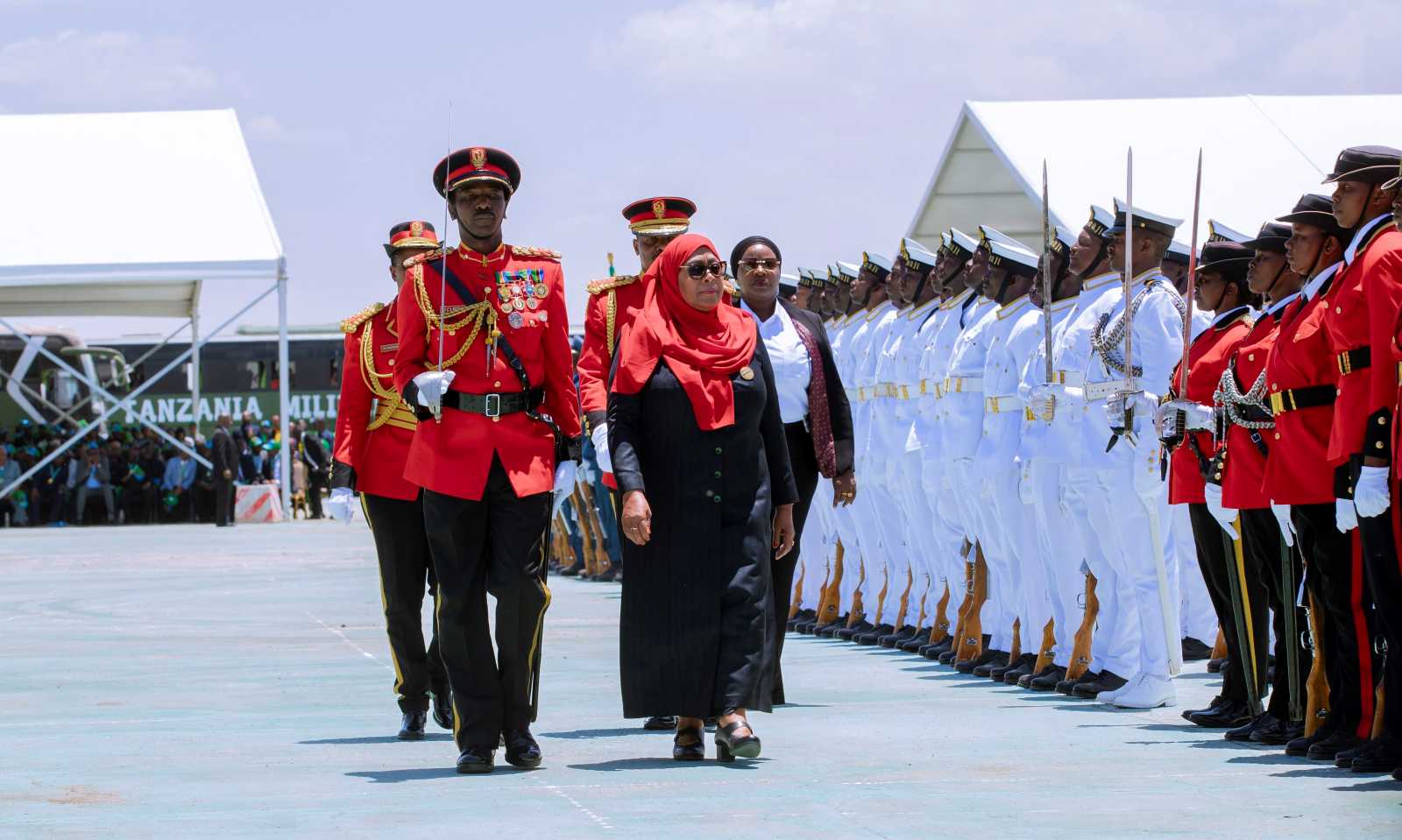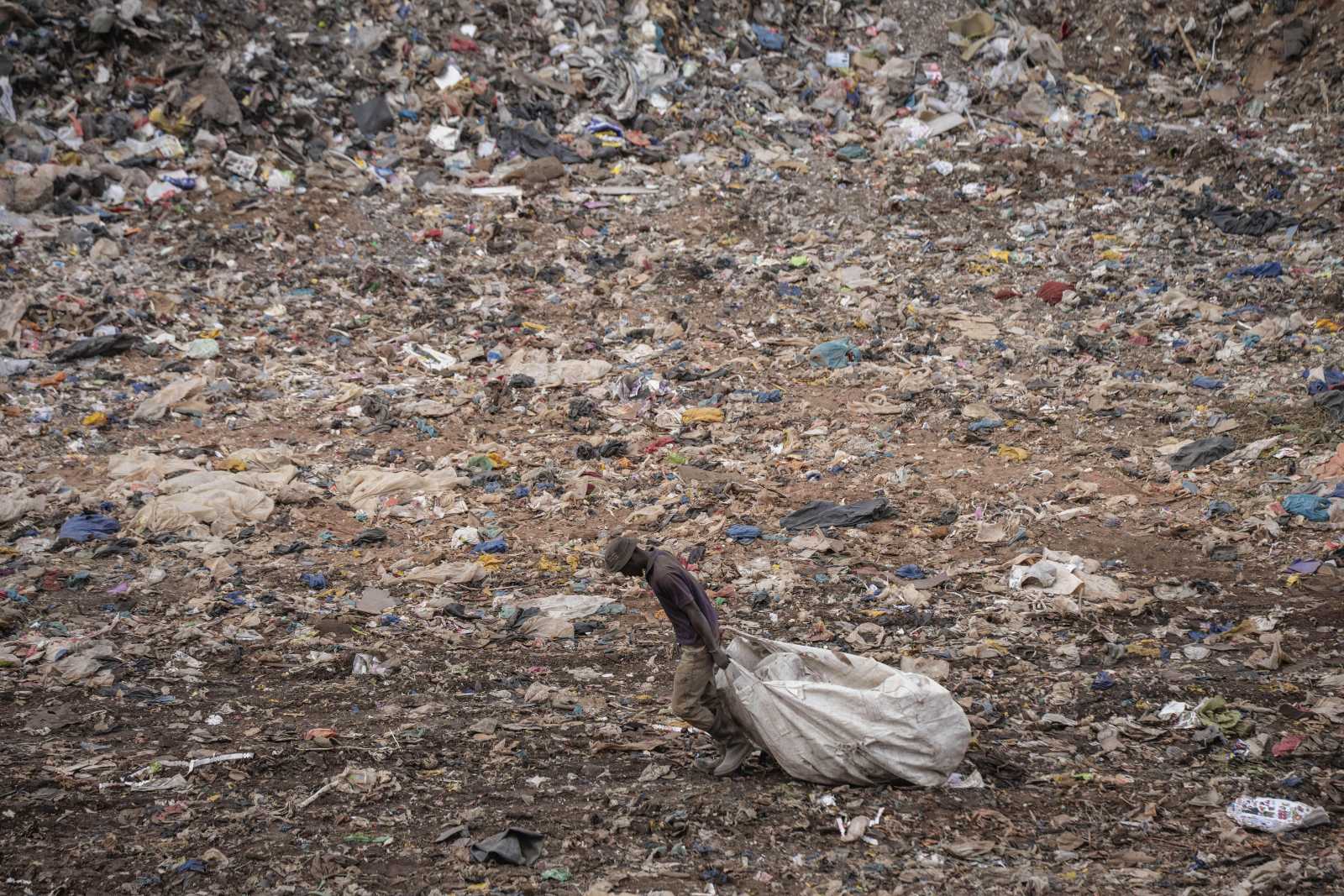Global warming
Generating scientific knowledge
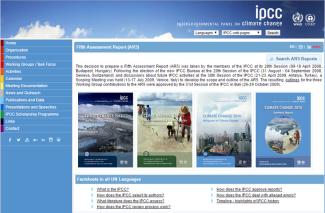
The IPCC published its First Assessment Report in 1990. Its findings inspired the Earth Summit in Rio de Janeiro in 1992, and one outcome of that summit was the UNFCCC.
Each new report of the IPCC has widened our collective knowledge of climate change and provided more proof that the phenomenon is indeed human-made. Scientific cooperation has thus boosted both the understanding of the complexities of challenge and the consensus on the need to act.
Its Second Assessment Report appeared in 1995 and had a major influence on the UNFCCC COP in Kyoto, resulting in the Kyoto Protocol. The most recent Assessment Report, which was released in 2014, was the fifth. By this time, most political leaders needed no further evidence on the science or impacts. The debate in the annual COPs focused completely on burden sharing, economics, growth and competitiveness.
Scientists from all over the world managed to cooperate well at the IPCC and effectively in bringing out successive assessments. But the IPCC has always had to deal with many difficulties. They include:
- language issues,
- scholars’ desire to publish in peer-reviewed journals,
- the unequal distribution of scientific capacities around the world and
- different sciences’ diverging approaches, ideas and attitudes.
Compromise was often needed to reconcile scholars from different disciplines and with different agendas. Scientific institutions in the developing world struggled to develop the same complex modelling capacities that their partners in the developed world already had. Partners from the developed world, on the other hand, failed to appreciate how important it is for developing countries to contribute to research and focus on the aspects that matter to them. They needed degrees of freedom to act and set timelines. In sum, while scientific consensus did highlight the increasing concern on climate change, it was very often watered down due to these difficulties.
However, with each new Assessment Report, capacities have visibly grown. The number of stakeholders has grown, and ever more aspects of climate change are being researched. The body of knowledge on climate change has become more systematic and precise (see main article).
